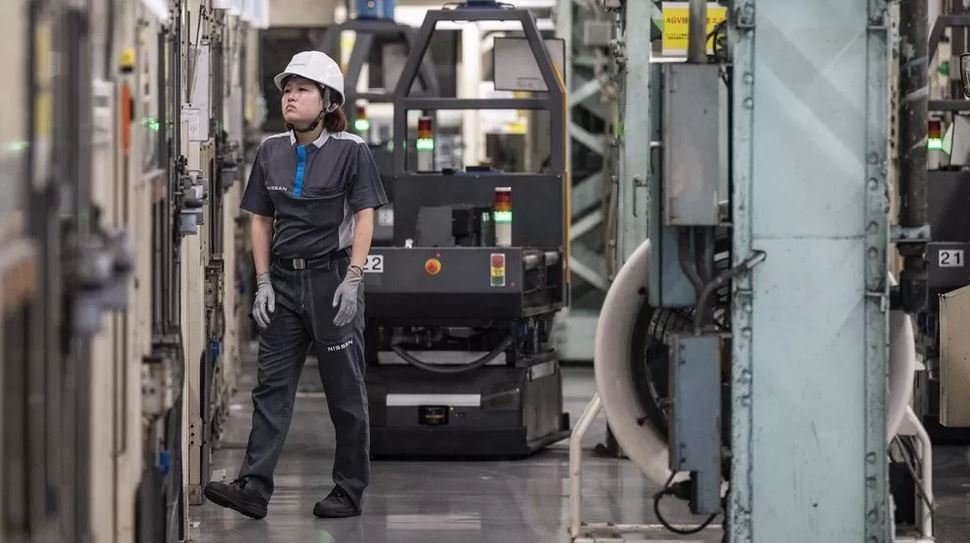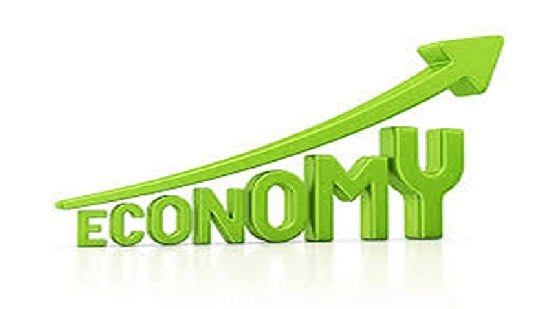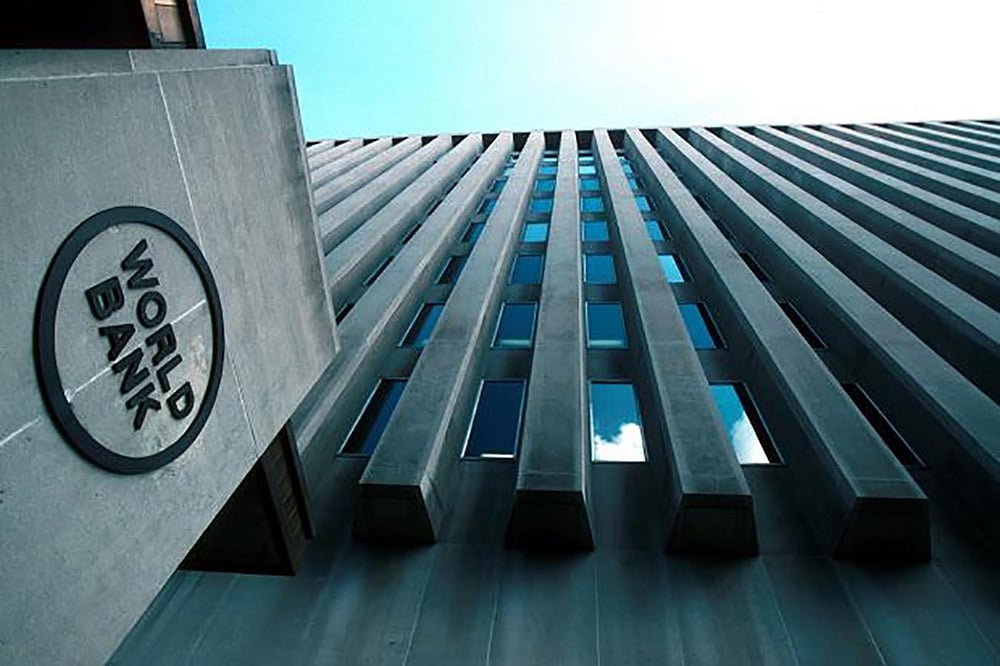Japan economy gets major boost from weak currency

Japan's economy grew much faster than expected in the three months to the end of June as the country's weak currency boosted exports.
The world's third-largest economy saw its Gross Domestic Product (GDP) rise by an annualised 6% in the period.
It is about twice the rate of growth forecast by economists and marks the biggest rise in almost three years.
The fall in the value of the yen helped exporters as Japanese-made goods became cheaper for consumers around the world.
Japan's currency has fallen sharply against major currencies in recent months and is down by more than 10% versus the US dollar this year.
"The weak yen is behind the positive GDP numbers," Fujitsu's chief economist Martin Schulz told the BBC.
GDP is one of the most important tools for looking at how well, or badly, an economy is doing. It helps businesses judge when to expand and hire more people, and it lets government work out how much to tax and spend.
Profits at the country's car makers - including Toyota, Honda and Nissan - have been boosted in recent months as they saw increased demand for exports.
While a weak currency makes what the country imports more expensive, prices of commodities on global markets, like oil and gas, have fallen in recent months.
That has resulted in a drop in the value of imports, down 4.3% from the previous quarter, which EY's Nobuko Kobayashi called "a major culprit for GDP growth".
Japan's economy has also been helped by a rise in tourist numbers after the government lifted border restrictions at the end of April.
As of June, the number of foreign visitors to Japan had recovered to more than 70% of pre-pandemic levels, according to the country's national tourism authority.
Spending by tourists is also expected to give the country's economy an even bigger boost this month after China lifted a ban on group travel.
Before the pandemic Chinese visitors accounted for more than a third of tourist spending in Japan.
That is helping to offset the impact of the slowing recovery of consumption in the country itself after the pandemic.
"The main difficulty for Japan's second half is, however, that the domestic economy is cooling," Schulz said.
According to Marcel Thieliant of Capital Economics, the details of the data "weren't as impressive as the headline."
He highlighted a number of issues including a fall in private consumption, which makes up more than half of Japan's economy.
Japanese workers have seen their pay go up at the fastest rate in 28 years but with inflation hovering near a four-decade-high wages have been falling in real terms for well over a year.










Leave Comment